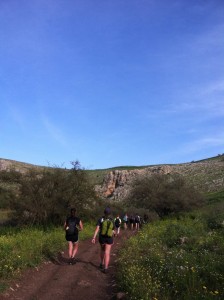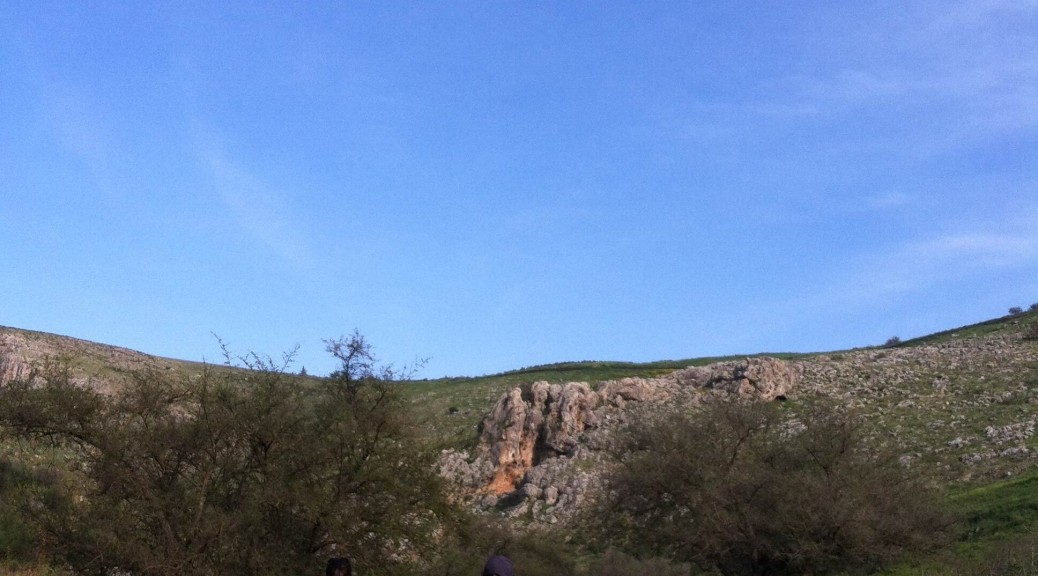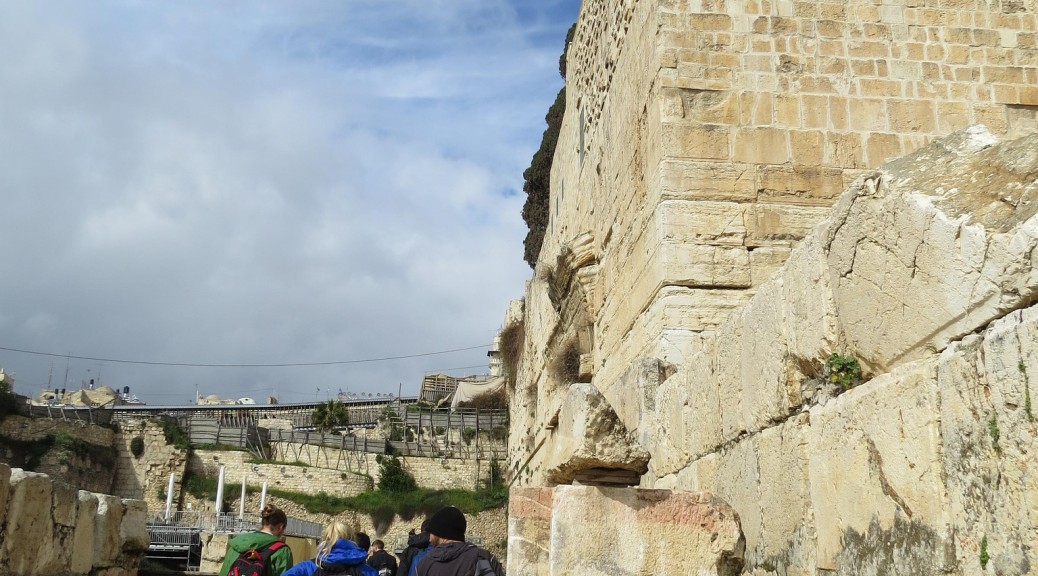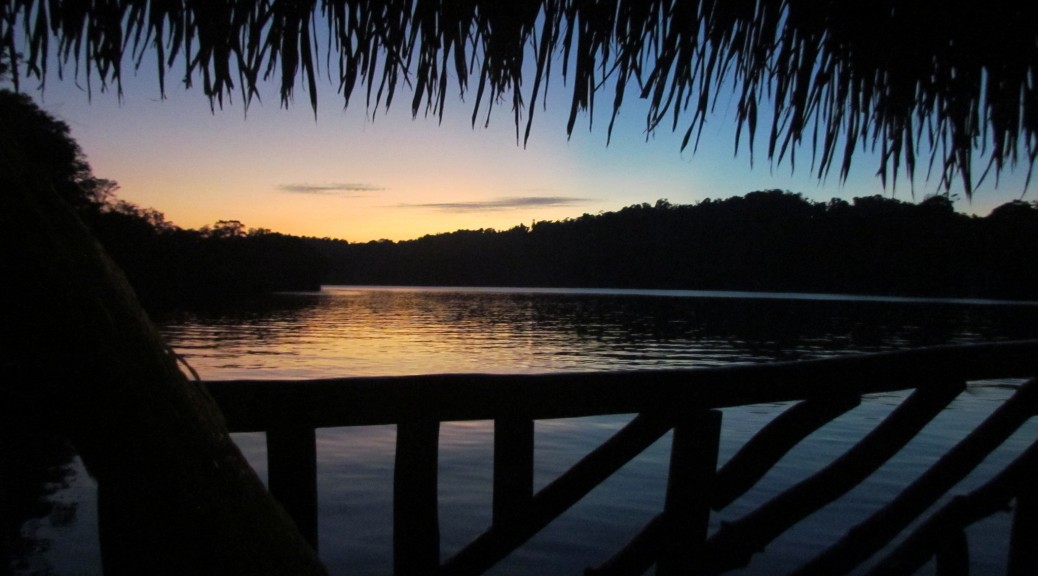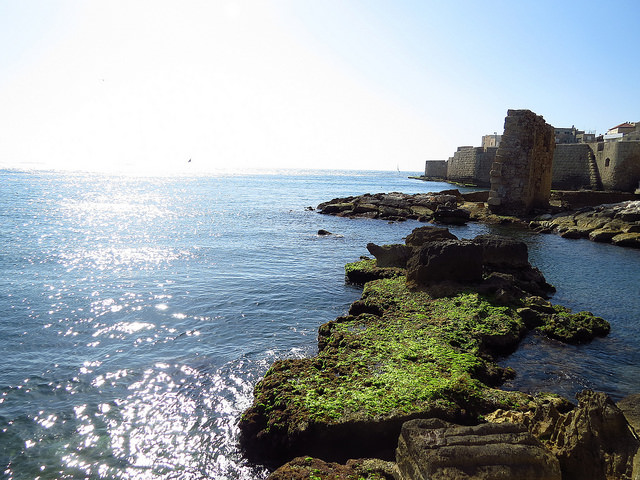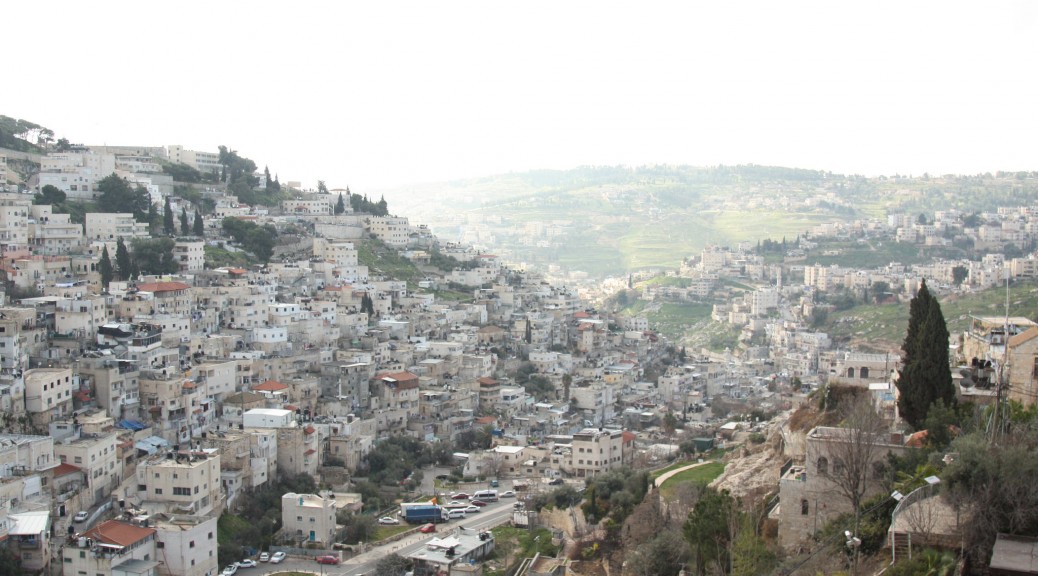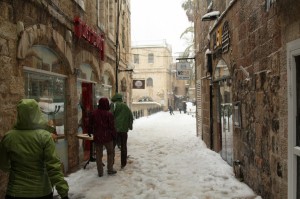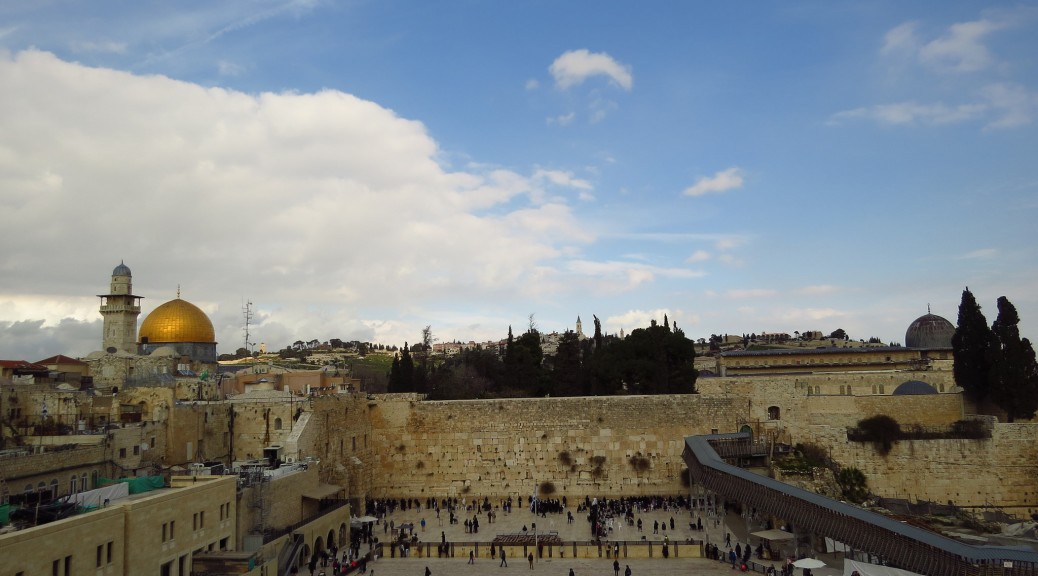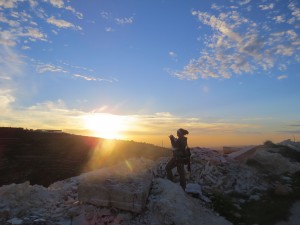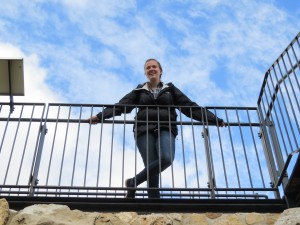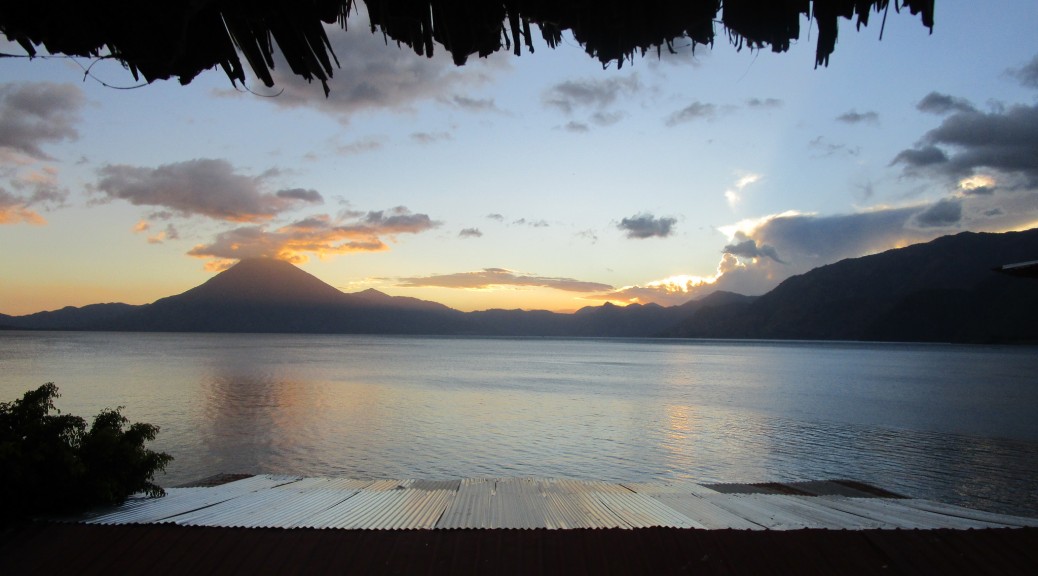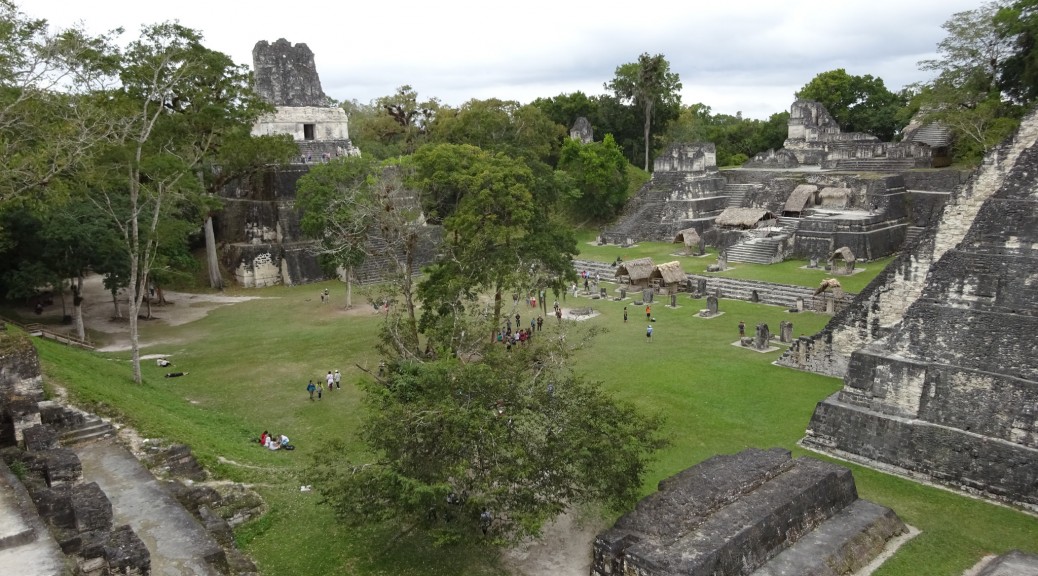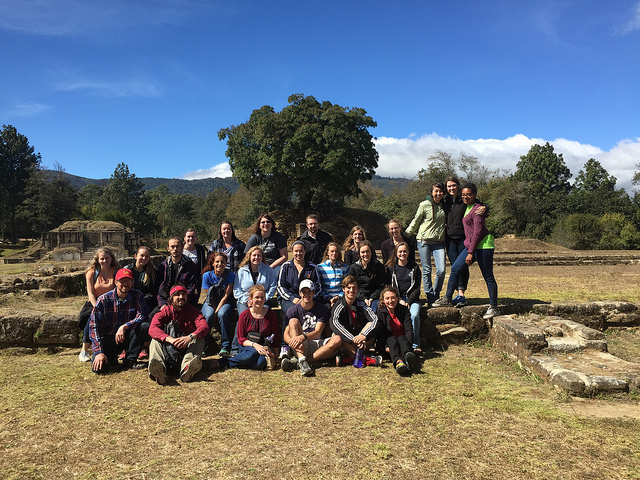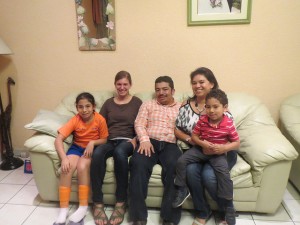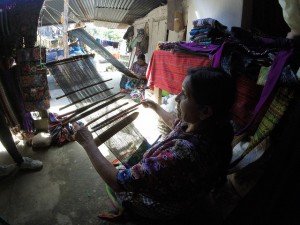11 March 2015
Pig Brains & Fried Plantains
1//
Roaming through the crypts, so ominous, so overbearing, we are greeted by the thickening of the dead. Trees tower above, providing shelter from the sun. Their leaves cast soft patterns against the crypts. I smell something fragrant. Broken glass from a crypt reveals the scent: bouquets of beauty reek of life. I see crows overhead…
We move past the brush into a clearing. Colorful scraps, broken glass, tattered cloth – really anything you could imagine – blankets the ground below. The crows loom greedily above and an overpowering scent fills my lungs – I try not to gag. Figures scurry among the sea of trash, searching for food or anything of value, while others are simply there to make a living. A little home is nestled among the scraps, secluded form the chaos, yet still so dependent…
How can something that resembles such death smell so fragrant? And how can something that gives and provides such life smell of death?
2//
Clusters of brightly colored flowers are neatly parted to reveal a cobble stone path towards the door of the church. The church stands tall and white, while hundreds of us walk through its threshold, the sanctuary opening up before us. Wooden trellises and benches, candles, altars, and images of Jesus: some of these things I find foreign, others beautifully familiar. A few of us crowd onto a bench near the front. I am chilled by the cold air, but curious. A woman in front of me covers her head with a piece of brightly colored cloth. Urgent whispers of petition and reverence and gratitude come from behind. A man places burning candles in specific patterns with care. Many rituals, many minds, one purpose.
3//
Fresh mangos and rooftop porches.
Stacks of colored houses surround the alleyway.
Opened window panes,
Breezes dance with curtains.
A church bell rings in the distance.
My father comes home from work, bringing stacks of warmed tortillas;
Mama turns up the radio.
I step outside to see the sunset.
Stained-glass colors fill the sky.
Children dart around corners, mothers hush their little ones.
My brother emerges from around the corner.
He hurries up the steps, laughing, chatting excitedly on the phone.
He offers me a wide smile and a quick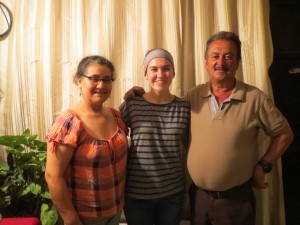 kiss on the cheek before stepping inside.
kiss on the cheek before stepping inside.
I take a deep breath and smile.
My Guatemalan home.
-Rebekah Hertzler
Today, I’m thankful for a healthy mind, the ability to learn, and the privilege of studying and living abroad. As a group, we keep having these moments; moments where we once again recognize that we are on cross-cultural. It sounds cliché, but each time it seems just as incredible and impossible as the last time. This past weekend, we certainly experienced those moments.
On Friday after a short morning of Spanish classes we loaded up the bus and traveled to Lake Atitlan, Guatemala. After slowly swerving through the bumpy roads and a minor accelerator mishap, we arrived in Santiago. We checked in at Posada Santiago, and all eagerly went exploring the new area. The hotel overlooked the beautiful lake, surrounded by volcanoes and low clouds. We walked into town, and there were countless comments made about wanting to live there. The town is quaint and quiet; the people are friendly and sincere. Somehow a few of us ended up walking through some small alleys and dirt paths, and we eventually found ourselves on a dock over the lake, with wooden canoes lining the shore. Behind the canoes were “fields,” little gardens/farms, beautiful in the remote area. We walked a ways and encountered three gentlemen who told us they live and work there in the fields and fish on the lake. It was not a super important conversation or about anything in particular, but striking up a conversation in Spanish with people from the town was awesome. It feels great to be able to use our Spanish conversationally.
In the morning, we visited ANADESA, a community development association and co-op run with aid from MCC. This co-op began after Hurricane Stan in 2005. ANADESA provides a space for women to come together for support, and also to learn and improve skills to better their community. There are also language classes and programs for children. There was a lot of devastation in this area, but there is also a lot of hope and courage in the people there.
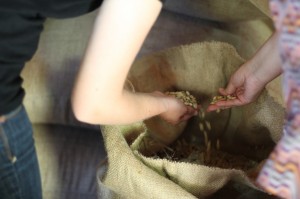 We took a ferry across the lake to San Juan La Laguna and toured an organic coffee plantation, Cooperative La Voz. It was great to see how such a huge commodity goes through the process of ending up as a warm beverage in my mug. We took the ferry again to Panajachel where we spent the night. Dinner along the lake with the sun setting was gorgeous and the time together was appreciated, as always. There are many street vendors in Panajachel and many of us made use of that and made purchases for ourselves and those back home. My favorite part of bargaining is when I’m able to actually talk with the vendors and maybe learn a thing or two about them. This trip has taught me a lot about the importance of human relationships and how life-giving they can be.
We took a ferry across the lake to San Juan La Laguna and toured an organic coffee plantation, Cooperative La Voz. It was great to see how such a huge commodity goes through the process of ending up as a warm beverage in my mug. We took the ferry again to Panajachel where we spent the night. Dinner along the lake with the sun setting was gorgeous and the time together was appreciated, as always. There are many street vendors in Panajachel and many of us made use of that and made purchases for ourselves and those back home. My favorite part of bargaining is when I’m able to actually talk with the vendors and maybe learn a thing or two about them. This trip has taught me a lot about the importance of human relationships and how life-giving they can be.
We returned to our homes on Sunday evening, exhausted from a full weekend of learning, and most importantly, building relationships. Homework of course waited until Sunday night, but in my opinion, taking the time to get to know those I’m traveling with better is always worth a little less sleep. We do not have much longer with our host families, so we’re trying to soak in as much as we can about our environments and really be present during our time here. Personally, it will be difficult to say good-bye to my family, and most of the group is experiencing those sentiments as well. We are studying in Guatemala City for only one more week, and by next Thursday, we will all head our separate ways for a week of free travel. I feel I have learned a ton of Spanish, more than I imagined I could in this time, but my mind is also ready for a break and a time of relaxation. We are all looking forward to what the rest of the trip has to offer.
-Karisa Martin
